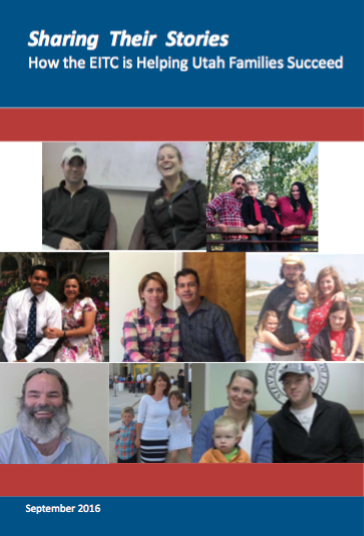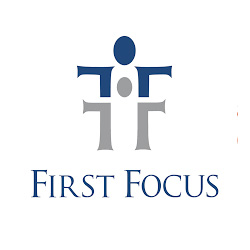Issues
State Policy
How the EITC is Helping Utah Families Succeed
The Secret of Utah’s Success
The secret of Utah’s success has long been our strong, hardworking families. For many of these families, the secret of their success has been the financial boost they get when they file their taxes, thanks to the Earned Income Tax Credit (EITC).
 The EITC was created under President Gerald R. Ford in 1975 as a way to support low-wage workers and their children. Its success in promoting work, independence, and family self-sufficiency has made it a bipartisan favorite. In 1986, the EITC was expanded by President Ronald Reagan as part of his historic Tax Reform Act, and every president since has improved and expanded it further. The results have been remarkable. In-depth studies have documented the EITC’s effects on both parents and children:
The EITC was created under President Gerald R. Ford in 1975 as a way to support low-wage workers and their children. Its success in promoting work, independence, and family self-sufficiency has made it a bipartisan favorite. In 1986, the EITC was expanded by President Ronald Reagan as part of his historic Tax Reform Act, and every president since has improved and expanded it further. The results have been remarkable. In-depth studies have documented the EITC’s effects on both parents and children:
- increased employment and earnings
- reduced welfare dependency
- improved maternal and child health
- enhanced school performance, including high school graduation and college matriculation rates
The EITC’s success in helping families succeed has led 26 states to create their own versions of the EITC, and that number grows every year. State EITC legislation passed the Utah House of Representatives in 2013 and 2014, indicating how seriously Utah legislators are considering this proposal.
This booklet shares the stories of hardworking Utah families whose lives have been transformed by the EITC. About 200,000 Utah families receive the EITC every year, nearly 20% of all filers. These families include about 300,000 children. As you read their stories, imagine how many more families will see their lives improve and their children’s prospects expand once Utah creates our own state version of the Earned Income Tax Credit.
Sharing Their Stories
EITC Facts for Utah
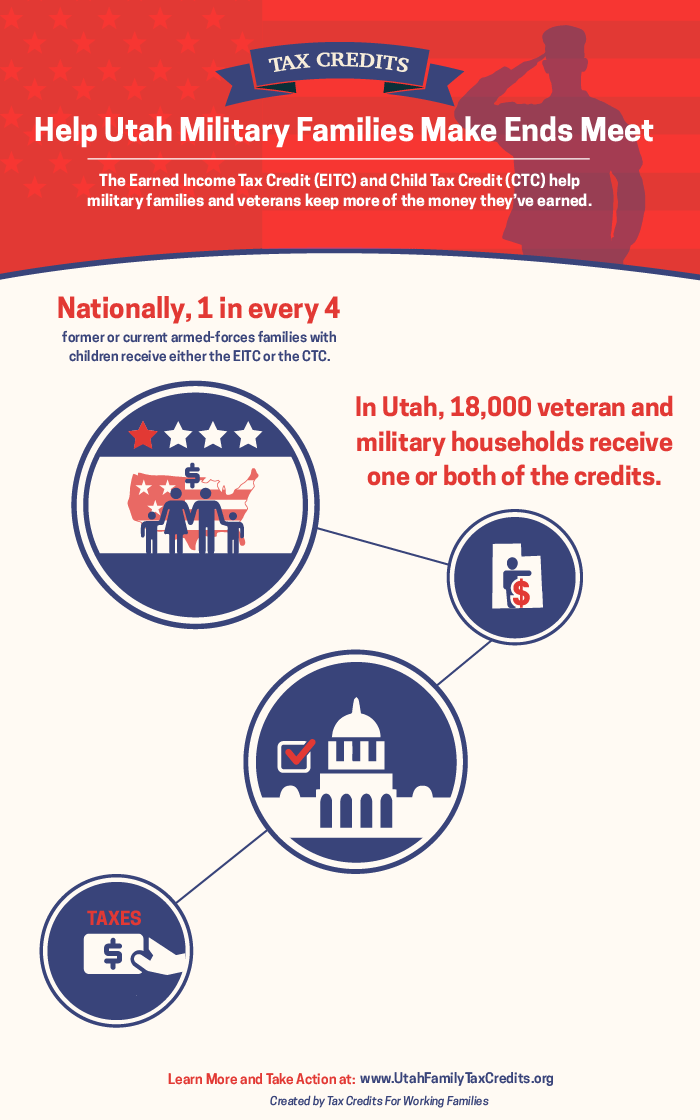 The federal Earned Income Tax Credit was created under President Ford and expanded by Presidents Reagan, Bush, and all subsequent presidents.
The federal Earned Income Tax Credit was created under President Ford and expanded by Presidents Reagan, Bush, and all subsequent presidents.
- 204,000 Utah households received the federal EITC during 2015 for Tax Year 2014, about one in five tax filers.
- Utah’s EITC households include about 200,000 workers and 300,000 children.
- The EITC brought about $471 million into Utah’s economy in 2014.
- Thousands of veterans and military families are helped, at a higher rate than the general population.
- Were it not for the EITC, 67,000 more Utahns would have fallen into poverty in 2014, including 35,000 children. This would have raised Utah’s overall poverty rate by about 2.4 percentage points—about a one-quarter increase. For children, the increase would have amounted to 3.9 percentage points or a 40% increase in child poverty.
View the Complete Printer-Friendly Report:
![]() Sharing Their Stories: How the EITC is Helping Utah Families Succeed
Sharing Their Stories: How the EITC is Helping Utah Families Succeed
For 30 years now, Voices for Utah Children has called on our state, federal and local leaders to put children’s needs first. But the work is not done. The children of 30 years ago now have children of their own. Too many of these children are growing up in poverty, without access to healthcare or quality educational opportunities.
How can you be involved?
Make a tax-deductible donation to Voices for Utah Children—or join our Network with a monthly donation of $20 or more. Network membership includes complimentary admission to Network events with food, socializing, and opportunity to meet child advocacy experts. And don't forget to join our listserv to stay informed!
We look forward to the future of Voices for Utah Children and we hope you will be a part of our next 30 years.
Special thanks to American Express, our "Making a Difference All Year Long" sponsor. 
Greater Salt Lake City Equity Profile: A Closer Look at Racial & Ethnic Disparities
Strategies to Address High Drug Prices
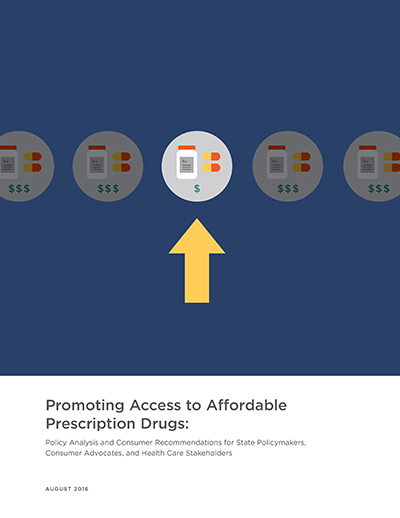 Consumer representatives to the National Association of Insurance Commissioners, including Voices for Utah Children, released recommendations for policymakers to address the high prices that put medications out of reach for many families in need.
Consumer representatives to the National Association of Insurance Commissioners, including Voices for Utah Children, released recommendations for policymakers to address the high prices that put medications out of reach for many families in need.
Recommendations include:
- Limit the number of drug tiers that insurers can use;
- Limit consumer cost-sharing by, for instance, prohibiting coinsurance for prescription drugs;
- Adopt standardized plans with meaningful cost-sharing limits to mitigate adverse tiering;
- Prohibit mid-year formulary changes that negatively affect enrollee access to drugs;
- Require formularies to be updated weekly and include information about drug tiering, the actual dollar amount of any cost-sharing, any utilization management or network restrictions, and the process to request a drug exception, among other information;
- Collect standardized, plan-level data to enable the development of consumer tools and apps; and
- Solicit feedback from external stakeholders—such as advocates, other state agencies, ombudsmen, and independent medical experts—to inform the formulary review process.
For more information, see the complete report:
For 30 years now, Voices for Utah Children has called on our state, federal and local leaders to put children’s needs first. But the work is not done. The children of 30 years ago now have children of their own. Too many of these children are growing up in poverty, without access to healthcare or quality educational opportunities.
How can you be involved?
Make a tax-deductible donation to Voices for Utah Children—or join our Network with a monthly donation of $20 or more. Network membership includes complimentary admission to Network events with food, socializing, and opportunity to meet child advocacy experts. And don't forget to join our listserv to stay informed!
We look forward to the future of Voices for Utah Children and we hope you will be a part of our next 30 years.
Special thanks to American Express for sponsoring our 30th Anniversary Year. 
Helping Candidates Do Their Homework
2016 Candidate Briefing Guide
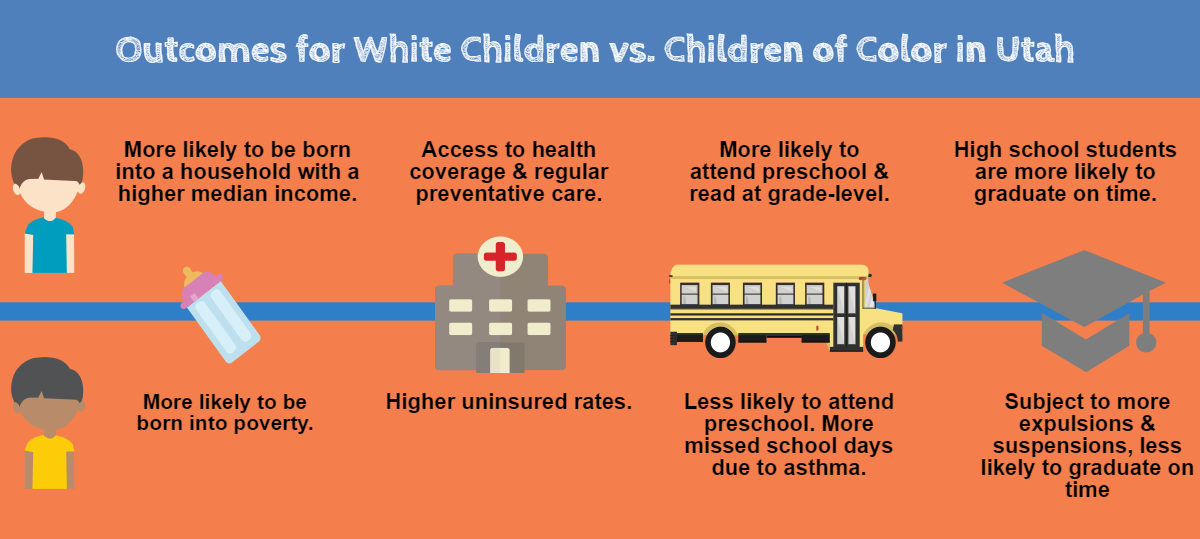
2016 is an important election year in Utah. The public offices on the ballot in November include the following:
- U.S. Senate
- U.S. House of Representatives
- Governor and Lt. Governor
- Half of the State Senate
- The entire Utah House of Representatives
Our elected officials play a central role in determining whether all children have the opportunity for health, safety, education, and economic security. As the Utah child population grows and becomes more diverse, it is important for candidates to discuss the needs of Utah children and the policies they would pursue to ensure that all Utah's children can thrive.
Voices for Utah Children is providing candidates for elected office in Utah with the resources in this Candidate Briefing Guide to help them understand the challenges facing Utah's children, direct public awareness and dialogue toward the needs of children over the course of their campaigns, and begin their terms of office prepared to enact effective policies to protect their youngest constituents.
Utah voters can also use these resources to educate ourselves about children’s issues as we seek to elect candidates that will prioritize the needs of children and invest in our state’s future.
More Information:
Racial and Ethnic Equity for Children in Utah: What we learned from the 2016 Legislative Session
Economic Security/Tax & Budget
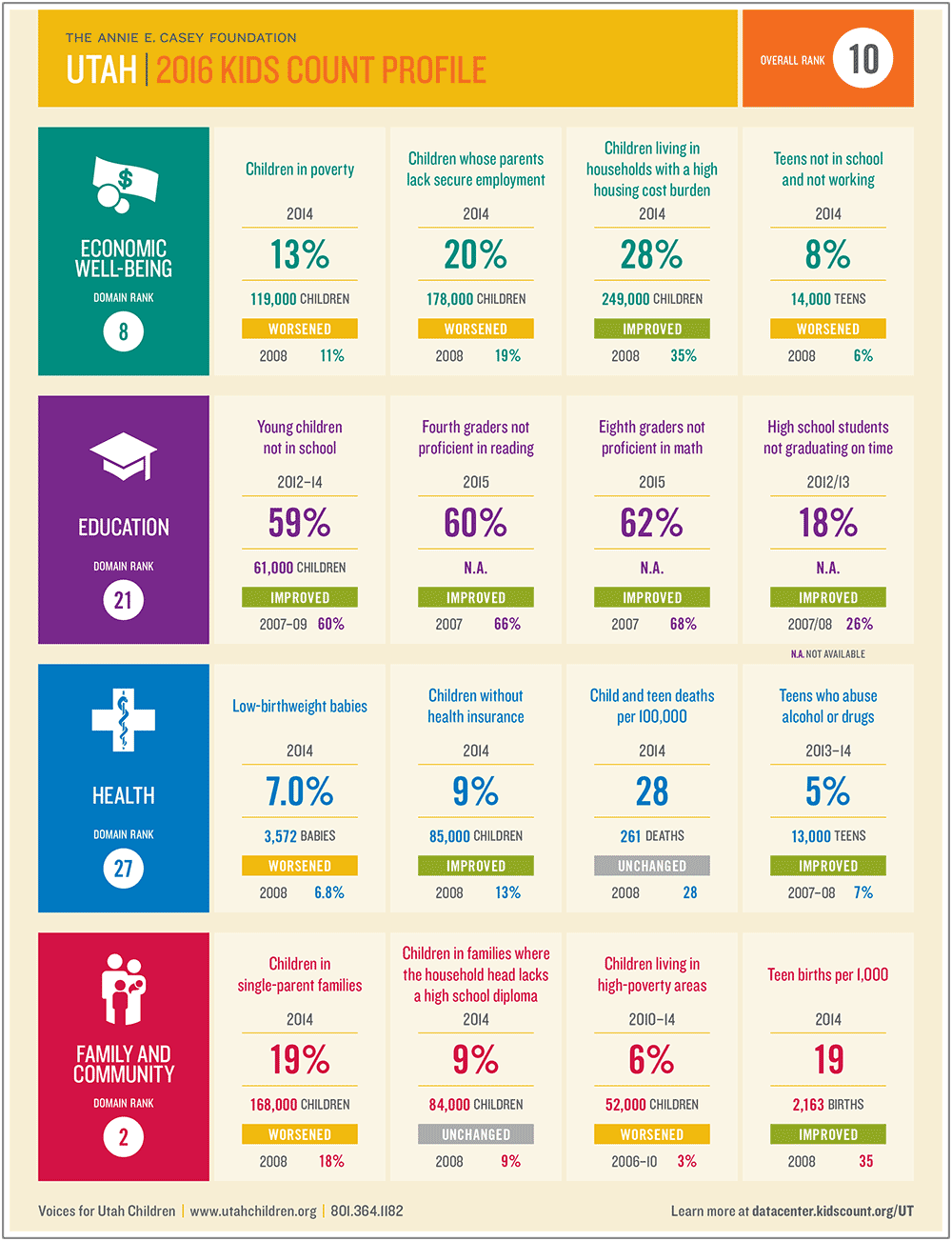 Supported by the Annie E. Casey Foundation, our KIDS COUNT® work aims to provide Utah’s legislators, public officials and child advocates with reliable data, policy recommendations and other tools needed to advance the kinds of sound policies that benefit children and families across the state.
Supported by the Annie E. Casey Foundation, our KIDS COUNT® work aims to provide Utah’s legislators, public officials and child advocates with reliable data, policy recommendations and other tools needed to advance the kinds of sound policies that benefit children and families across the state.
This year, Utah barely held on to its position among the top ten in the annual Annie E. Casey Foundation KIDS COUNT® Data Book report. Ranking 9th in 2015, Utah now ranks 10th among the fifty states (despite a dramatic change in the health domain, where Utah dropped from 7th in 2015 to 27th in 2016). Utah’s 2nd place ranking for the Family & Community domain and 8th place ranking for Economic Well-Being remained unchanged. In the Education domain, Utah ranked 21st — up from 29th in 2015.
Terry Haven 
Deputy Director
Voices for Utah Children
More Information:
Measures of Well-Being in Utah, 2015
![]() 2016 Utah and United States Kids Count Profiles
2016 Utah and United States Kids Count Profiles
The Federal Safety Net Cuts Child Poverty in Utah in Half
Each child brings the promise of a healthier, stronger future for Utah. To make good on that promise, Utah needs to make sure children can grow up healthy, from the prenatal period all the way through their teenage years.
Utah children and families should have access to:
- Appropriate prenatal care;
- Affordable, accessible, culturally competent care that encompasses both prevention and treatment; and
- Supportive services and environments designed to help facilitate the best possible health outcomes.
All families in Utah must be able to achieve optimal health in order for our state to continue to grow and prosper.
Jessie Mandle, MPH 
Health Policy Analyst
Voices for Utah Children
More Information:
12-Month Continuous Eligibility for Children on Medicaid
Utah's Uninsured Rate for Hispanic Children: Highest in the Country
A Coverage Gap Solution for Utah Families
Majority of Eligible Parents Who Would Benefit from Medicaid Expansion are Working
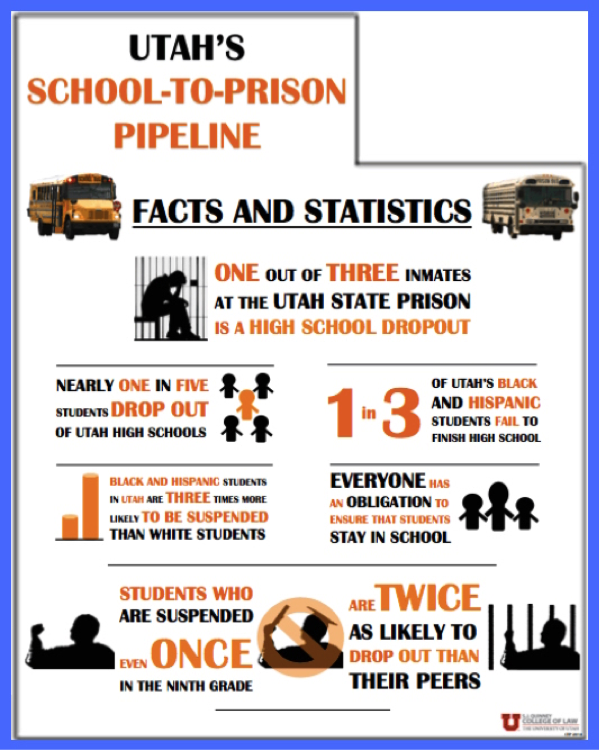 Voices for Utah Children seeks to reduce juvenile incarceration rates and eliminate the inappropriate use of secure confinement and out-of-home placement, ensuring that juvenile correction systems better protect youth and the public.
Voices for Utah Children seeks to reduce juvenile incarceration rates and eliminate the inappropriate use of secure confinement and out-of-home placement, ensuring that juvenile correction systems better protect youth and the public.
A key aspect of our juvenile justice work involves a commitment to challenging the School-to-Prison Pipeline, wherein children — particularly children of color and those with disabilities — are funneled out of public schools and into juvenile and criminal justice systems in a discriminatory application of discipline. “Zero-tolerance” policies criminalize minor infractions in the classroom, while the presence of law enforcement officers in schools often leads to student behavior being criminalized rather than handled within the school setting.
We are committed to the belief that children should be educated, not incarcerated. We work to empower advocates and community members alike, arming people with information that allows them take action to end School-to-Prison Pipeline.
Lincoln M. Nehring, JD 
President & CEO
Voices for Utah Children
The early years in a child’s life form the core foundation for later social, emotional and cognitive development. Done well, early childhood education can help level the playing field, especially for low-income children, by closing the access and achievement gaps, thereby enhancing not only school performance, but self-sufficiency over a lifetime.
At Voices for Utah Children, we focus on promoting targeted investments in early childhood education, with the goal of creating a statewide early learning system in Utah that supports all families by making sure they have access to high-quality options for their children’s early care and learning—whether children spend their days at home, in formal child care, or with family and friends.
Tess Davis, JD 
Policy Analyst
Voices for Utah Children
More Information:
Optional Extended-Day Kindergarten
5 Minute Guide to Shared Services
Economic Security/Tax & Budget
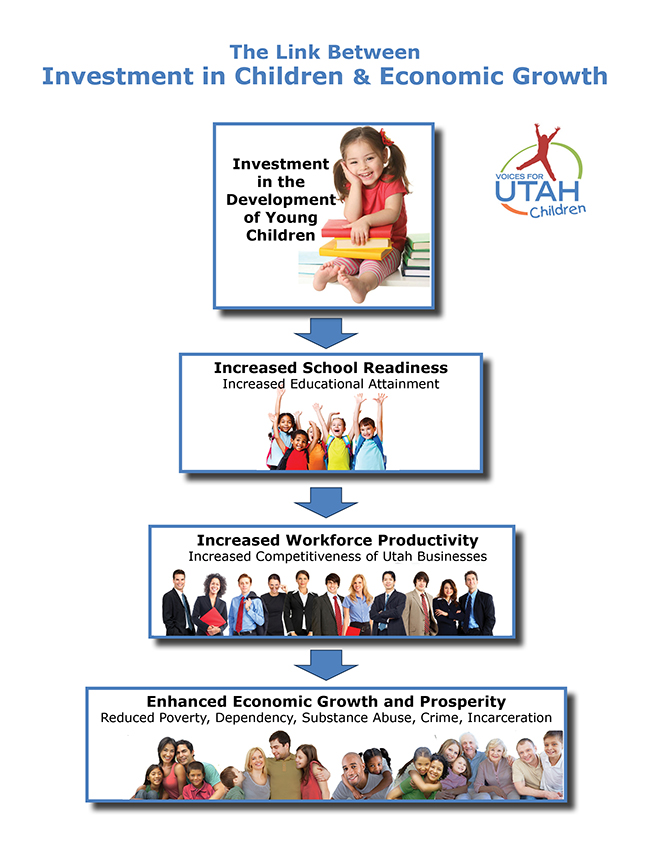
Every day, state governments raise and spend tax revenue in ways that profoundly affect families and communities. The fiscal choices Utah makes — about investing in schools, health care, child care, and other services — can help foster equal opportunity and lay the foundations for our future growth and prosperity.
Voices for Utah Children's fiscal policy program works to ensure that we invest sufficient resources in the vital public systems that ensure that our kids get world-class education and health care as well as special support for children most in need. We also work to ensure that public revenues are generated in ways that are fair; no family should be taxed into poverty as the price of educating their children.
Matthew Weinstein, MPP 
State Priorities Partnership Director
Voices for Utah Children
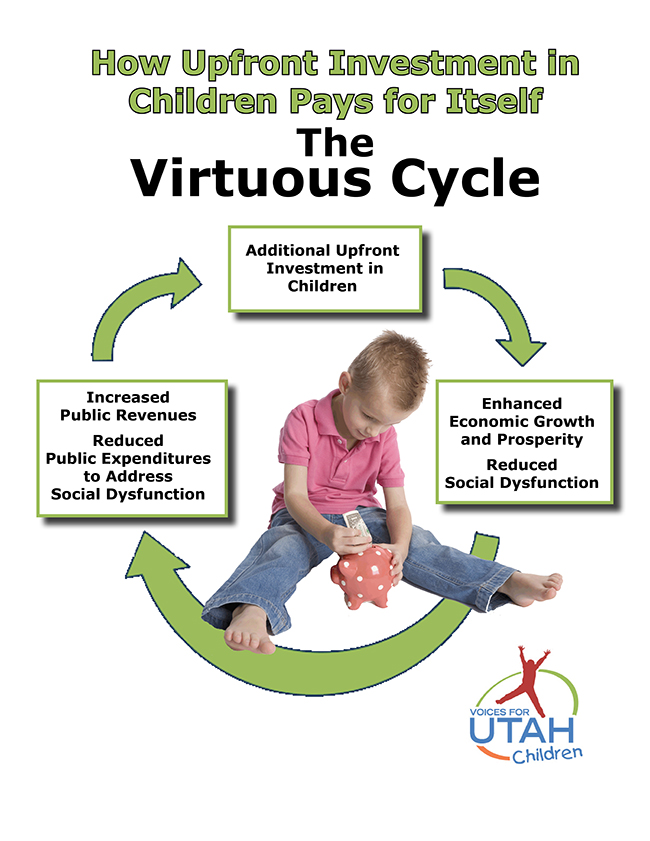
More Information:
Utah Children's Budget Report 2015
What's Still Eating Utah's General Fund?
Top 10 Reasons to End the Earmarks
Deseret News: Social service advocates call for lawmakers to 'end the earmarks'
Utah Policy.com: Poll: Utahns Split on Eliminating Transportation Earmarks
A Comparative Look at Utah and Colorado:
Part 1: Economic Opportunity
Part 2: Standard of Living
The Earned Income Tax Credit: A Time-Tested Two-Generation Strategy for Poverty
For 30 years now, Voices for Utah Children has called on our state, federal and local leaders to put children’s needs first. But the work is not done. The children of 30 years ago now have children of their own. Too many of these children are growing up in poverty, without access to healthcare or quality educational opportunities.
How can you be involved?
Make a tax-deductible donation to Voices for Utah Children—or join our Network with a monthly donation of $20 or more. Network membership includes complimentary admission to Network events with food, socializing, and opportunity to meet child advocacy experts. And don't forget to join our listserv to stay informed!
We look forward to the future of Voices for Utah Children and we hope you will be a part of our next 30 years.
Special thanks to American Express for sponsoring our 30th Anniversary Year. 


